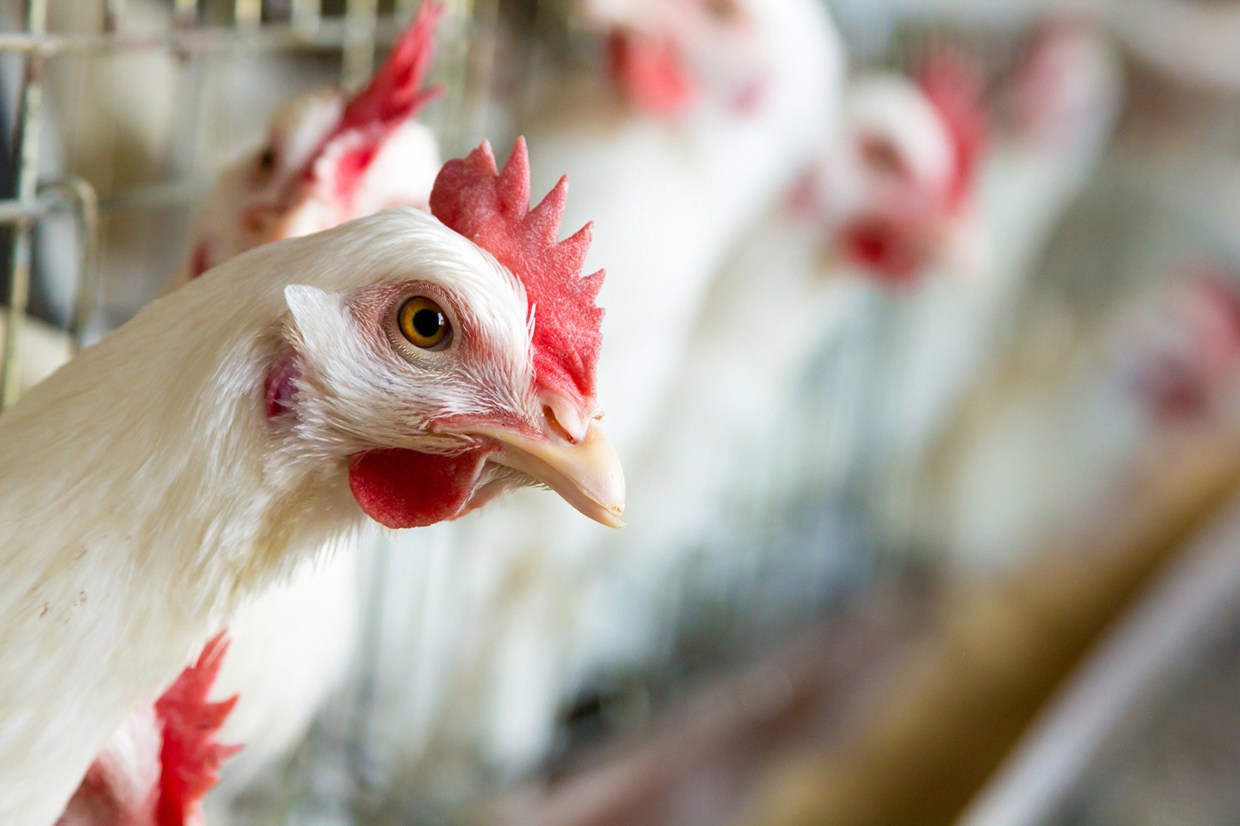
Poultry farmers are being urged to be vigilant following a high number of confirmed cases of avian influenza across Europe.
The disease has been found, mainly in wild birds, in Hungary, Poland, Germany, Austria, Switzerland and the Netherlands.
Austria and Switzerland on Thursday took precautionary steps to prevent the spread of bird flu to domestic poultry after discovering cases of the disease in wild ducks around Lake Constance.
The Dutch government took similar steps earlier this week, when it ordered farmers in the Netherlands to keep poultry flocks indoors following the outbreak of the virus.
France, the European Union's largest agricultural producer, had at one stage imposed stricter controls and banned duck and goose production in 17 administrative departments, to contain an earlier outbreak of the bird flu virus.
Ulster Farmers' Union poultry chairman Tom Forgave said: "While there are no issues for food safety, avian influenza is a serious, notifiable disease for farmers. Many cases have been in wild, migratory birds. It is important all bird keepers have their flocks registered with DAERA and practice high standards of biosecurity. This applies as much to small flocks as large commercial units. All farmers must ensure their facilities are as secure as possible, given the threat this potentially devastating disease poses to an industry vital to the local economy," he said.
Advice is that bird keepers should be on alert for any signs of the disease. If they suspect birds have avian influenza they should immediately contact their own vet.
"I would also advise all poultry farmers to plan now, how they would implement emergency procedures, should they have to do so. This would allow birds to be housed and separated if there is any cause to concern," said Tom Forgrave.
